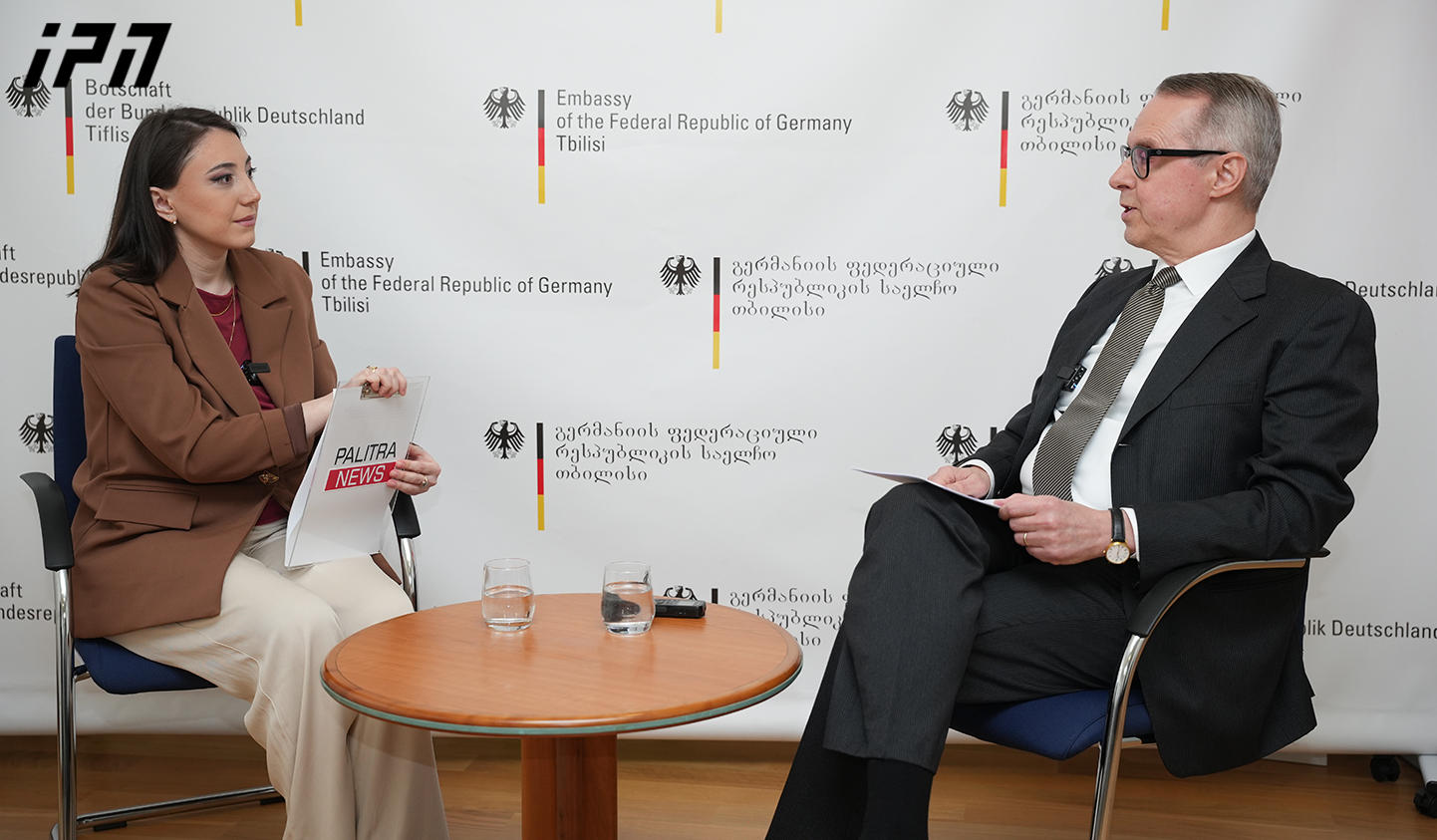The repeated commission of offenses such as hooliganism, disobedience, insult of a public official, or violation of the rules of assembly by a person who did not pay the fine for the first offense will result in administrative detention

If a person fails to pay a fine imposed for petty hooliganism, disobedience to law enforcement, insulting a public official or civil servant, or violating the rules for organizing and conducting assemblies or demonstrations, they will no longer be subject to a fine for a repeated offense—instead, administrative detention will be applied.
This amendment is introduced as part of planned changes to the Code of Administrative Offenses.
A new principle is being established: if an administrative offense is punishable by administrative detention alongside another type of sanction, and if the administrative body has the authority to consider the case and impose the sanction, then the decision to impose a fine made by the administrative body cannot be appealed to a higher administrative authority—it must be appealed directly to the court.
If such a decision is appealed in court, the court’s ruling will enter into force immediately upon issuance, and the appeal will not suspend the enforcement of the decision.
Parliament is reviewing these amendments to the Code of Administrative Offenses under an accelerated procedure.
